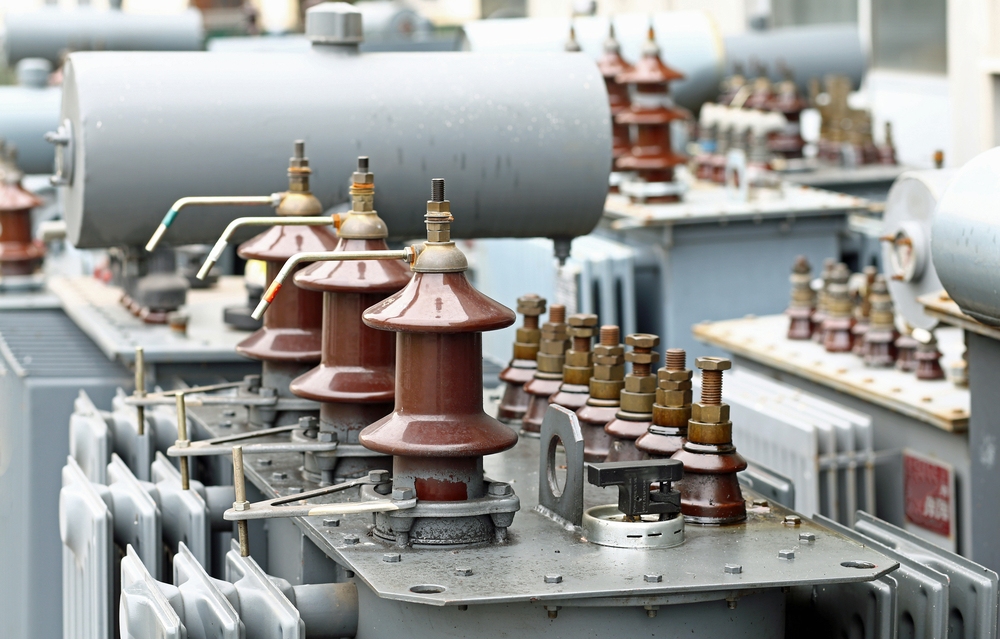The Nigerian Power Sector Reforms: Overcoming Post-Privatization Challenges
Posted on Thu 6 Aug 2015
- Download Resource
Whilst different options and strategies are being considered on how best to combat this seemingly insurmountable task of upgrading and generally overhauling the transmission system, the Federal Government has encouraged investors to embrace “embedded” power supply.
Embedded power supply is an arrangement between the power generation and distribution companies, where electricity is supplied to the distribution companies by the generation companies connecting directly to the distribution network of the distribution companies, without going through the transmission system network. This form of distributed generation has been used by many nations successfully, and appears to be a structure being considered by the current administration.
Measures for sustaining a continuing improvement of the Electric Power Sector
Though, it has been touted by the past administration, that one key achievement of the erstwhile President was the successful privatization of the Nigerian electric power and the improvement of power supply in the Country. It is clear, as shown in this article, that Nigeria is still years behind in achieving an adequately lit up nation, where power is steady and available to every community.
Though the steps taken by the Federal Government to address some of the huge hiccups, postprivatization, could be termed commendable by some, certain important points need to be taken into consideration such as the need for control to avoid abuse. Most importantly, better management of the transmission system and total overhaul of same, such that the grid becomes fully functional needs to be expedited, as it remains more beneficial to distribution companies to tap into a robust energy mix, instead of reliance on just one fuel type.
Further, the Federal Government should continue to provide support to, and encourage private sector investments in gas processing infrastructure. Harnessing the gas that is flared during oil production is long overdue to protect the ecosystem, make gas available for use in the industrial and electric power sectors and to boost our national income.
Additionally, to achieve sustainable development of the electric power sector in Nigeria, more energy sources like renewables should be utilized with tax and other fiscal incentives introduced to encourage the use of same.
The Energy Commission of Nigeria (ECN) projects that, Nigeria’s solar radiation of 3.5 - 7kmh/m2/day can help the country generate up to 30,000MW of electricity. There are also great potentials in harnessing Wind Power. All these should be developed to complement our reliance on natural gas and hydro power generation.
The role played by bulk purchasers (NBET), and the regulators (the Nigerian Electricity Regulatory Commission and the Nigerian Electricity Liability Management Company (NELMCO)) in sustaining our privatized power sector is key to the overall reforms in the sector. These institutions provide comfort to power companies and therefore boost investors’ confidence in the sector. These institutions, therefore, need government’s support from time to time to play their roles effectively and such support include non-interference from the Federal Government.
More Insight
 Fri 21 Mar 2025
Fri 21 Mar 2025IP PROTECTION FRAMEWORK IN NIGERIA - TRADEMARKS
 Wed 18 Dec 2024
Wed 18 Dec 2024SEC’s Draft Rules Facilitate Pension Funds’ Investment In ...





